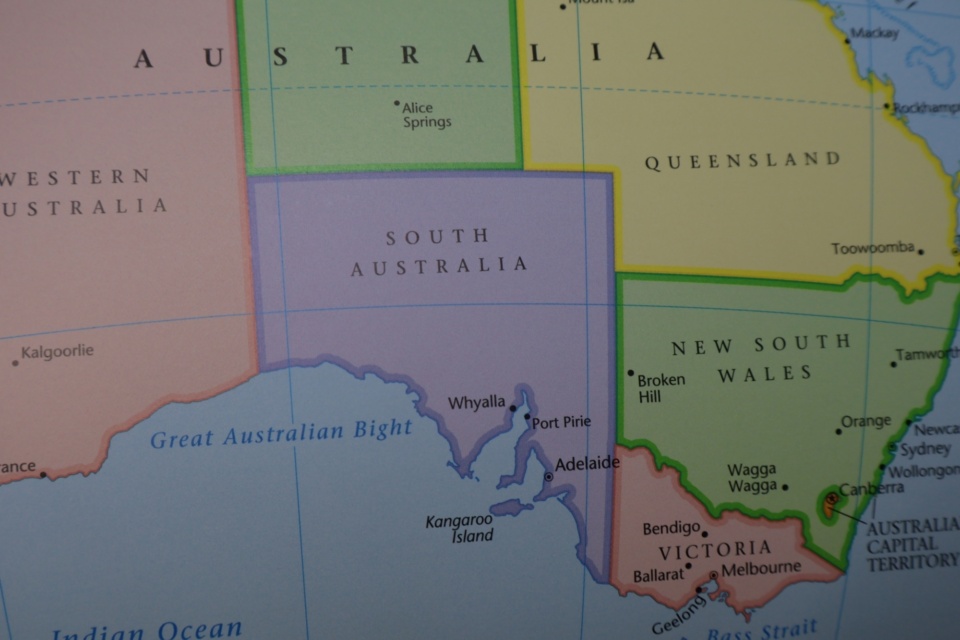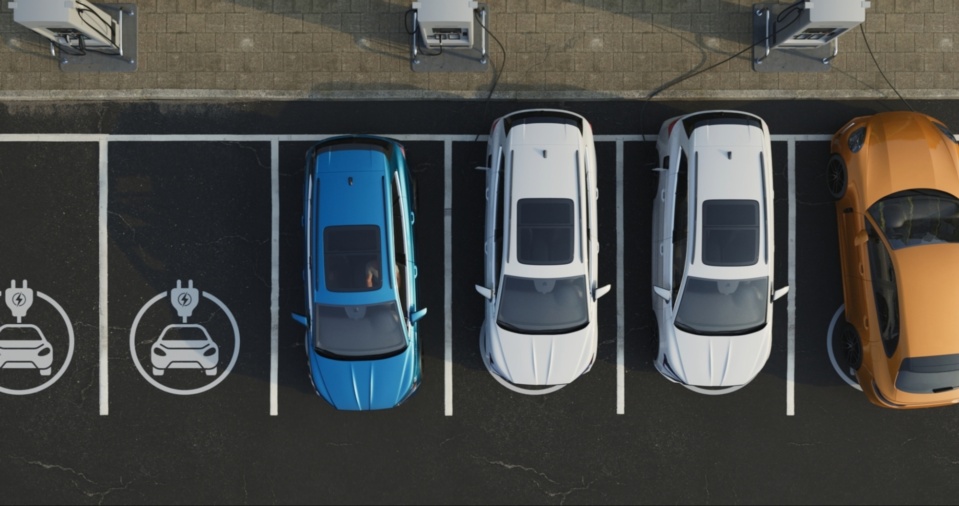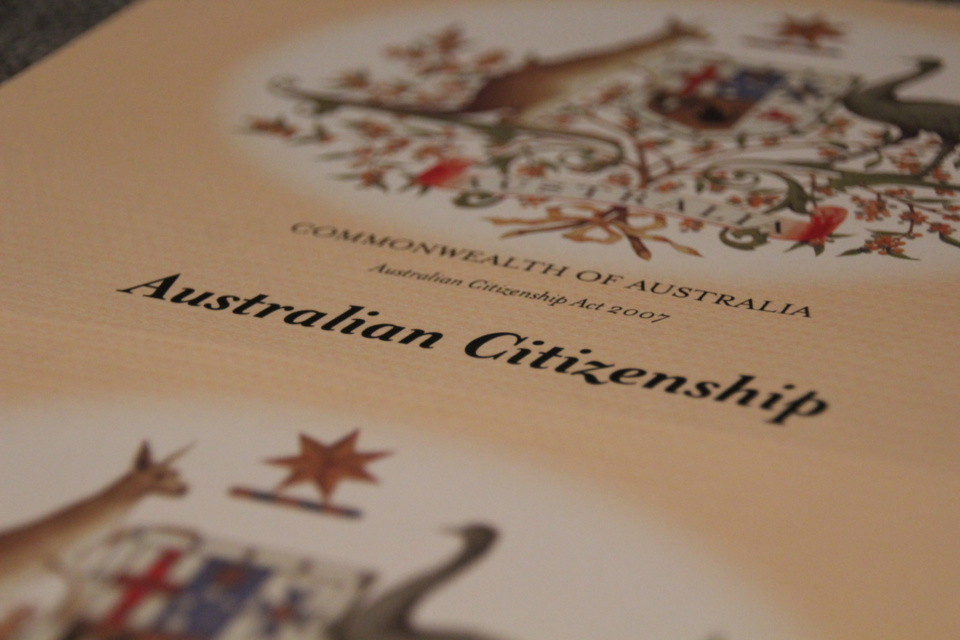
For community groups, federation is an eight-part headache
Posted on 03 Dec 2025
If you wanted an example of the problems inherent in federal systems, you couldn’t do better than…
Posted on 14 Feb 2025
By Matthew Maury

The Trump administration's gutting of USAID threatens to undermine decades of progress in humanitarian and development assistance, destabilises regions and risks millions of people falling into poverty, writes Matthew Maury, interim CEO of the Australian Council for International Development (ACFID).
The suspension of US development and humanitarian assistance announced by the United States government on January 24 has come at a huge cost to the world.
Not only have the most vulnerable – the sick, the hungry, and refugees – been directly impacted, the whole planet will feel the far-reaching implications.
The executive order issued by President Trump has paused nearly all humanitarian and development assistance for 90 days, with a decision pending as to what projects will be given permission to continue after that time.
On February 3, the Trump administration ordered the closure of the Washington DC headquarters of the US Agency for International Development (USAID) and recalled thousands of staff who had been based overseas.

The decision has affected the entire global humanitarian system with mass layoffs of development and humanitarian workers around the world.
Programs have been paused. Life-saving supplies have been left in warehouses and emergency food assistance abandoned to rot. The decision has interrupted critical relief work including services providing access to health care, food, education, and clean water. Hundreds of millions of people have lost access to services.
The great irony in all of this is that the Trump action was predicated on a belief that this decision serves the US national interest and the goal of building a safer and more prosperous America. The real impact will be the opposite.
The big global challenges facing the world today do not stop at our national borders – no matter how high we try to build the walls.
Pandemics, economic crises, food insecurity, regional conflicts and climate change (to name a few) are all global problems that require global solutions.
The proverbial Ostrich with its head in the sand hopes that if it doesn't look, its problems will go away – but with covid fresh in our collective memory, we know this approach does not work. The whole world will be less safe, healthy and secure if we all behave like ostriches.
"The Australian Council for International Development is deeply alarmed at the impacts of these suspensions. As noted, these actions risk making peace, safety and economic opportunity for the world going backwards. It hurts all of us – but most acutely the most vulnerable around the world."
The USAID changes will undermine decades of progress in humanitarian and development assistance, destabilising regions and creating the risk that millions more people fall into poverty. We are already getting reports of people dying because of this action.
It means food kitchens in Sudan are closing.
It means health clinics across the Thailand-Myanmar border are no longer providing medicine.
It means treatment for HIV has stopped – and creates the risk of the virus rebounding in patients in just a month.

It also means programs to address the catastrophic impacts of climate change are closed.
The Australian Council for International Development is deeply alarmed at the impacts of these suspensions. These actions risk sending peace, safety and economic opportunity for the world backwards. They hurt all of us – but most acutely the most vulnerable around the world.
Many people over the past two weeks have asked me "What can be done?"
I believe there is a variety of possible responses.
First, this crisis creates an opportunity for the Australian government to be a good global neighbour as predicated on our national values of caring for the vulnerable and responding with compassion when a crisis happens. Australia could step up and help address some of the immediate needs in our region and more widely.
In a practical sense for the Australian government, it might mean stepping up on climate programs in the Pacific. Or providing further resourcing for the recently released Australian International Gender Equality Strategy. Both types of programs are a priority for communities in the Pacific and also face significant risk of not being funded again by the US government.
Second, with an Australian election on the horizon, now is a great time for the Australian public to speak up for Safer World for All, a non-partisan campaign calling on all sides of government to commit to building a safer, peaceful and secure world.
Currently, the Australian government spends a meagre 0.68 per cent of the federal budget on overseas development assistance (ODA) - less than 1 cent out of every dollar spent. The campaign calls on future Australian governments to lift this to 1 per cent of the federal budget.
It is a small step that would have a large impact, and unlike the Trump policies, it would in fact build a safer, more prosperous world for all. Now that is more important than ever.
Matthew Maury is the interim CEO for ACFID, a role he took on recently after 16 years as the CEO of Tearfund Australia. He has more than 30 years of experience working with relief and development organisations in Africa, Asia, Latin America and the Pacific. Maury was the inaugural chair of the Emergency Action Alliance and has served on the boards of Micah Australia and Make Poverty History.
Foreign aid cut is Trump's latest tragic turn
Australia slammed over lack of international aid transparency
Running toward the guns to help others
Charity regulator issues advice on overseas aid amid a flood of crises
We're proud to take a stand on progressive issues. Here's a taste of our commentary.

Posted on 03 Dec 2025
If you wanted an example of the problems inherent in federal systems, you couldn’t do better than…

Posted on 19 Nov 2025
When it comes to loyalty to car brands, it can be confusing who we should support, and, even more…

Posted on 05 Nov 2025
Before the Prime Minister gets too excited about his recent meeting with the American President, he…

Posted on 14 Oct 2025
The idea of "long term" is not something that sits well in the social media era, yet governments…

Posted on 30 Sep 2025
I am proud of what Our Community, and its exceptional team, have achieved in the past 25 years. As…

Posted on 16 Sep 2025
Happy Australian Citizenship Day! To mark the occasion, Our Community leader Denis Moriarty takes…

Posted on 02 Sep 2025
Words live, evolve, and sometimes die. Some words are invented from scratch, some are old words…

Posted on 26 Aug 2025
The cost of the National Disability Insurance Scheme (NDIS) is climbing relentlessly – $44 billion…

Posted on 04 Aug 2025
The new leader of the Liberal Party, Sussan Ley, wants to increase the proportion of women…

Posted on 08 Jul 2025
The United States wants Australia to spend more on its armed forces. That’s the way nations talk…

Posted on 26 May 2025
When it comes to citizenship, Australians want to have their cake and eat it too, writes group…

Posted on 19 May 2025
The lack of judicial partisanship in Australia compared to the United States is something to be…